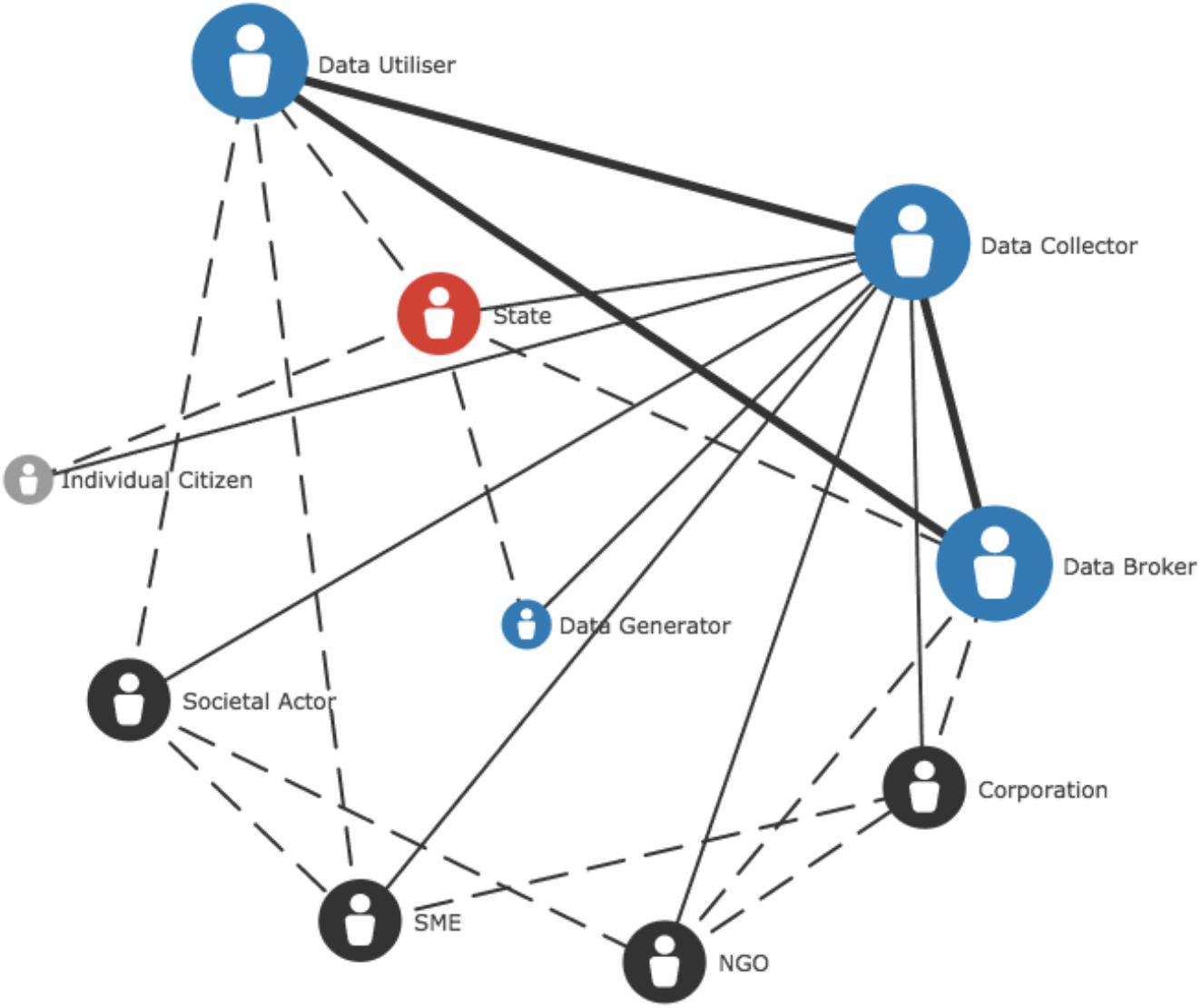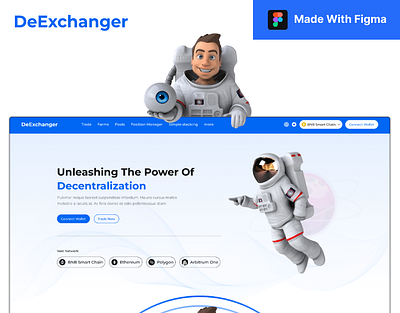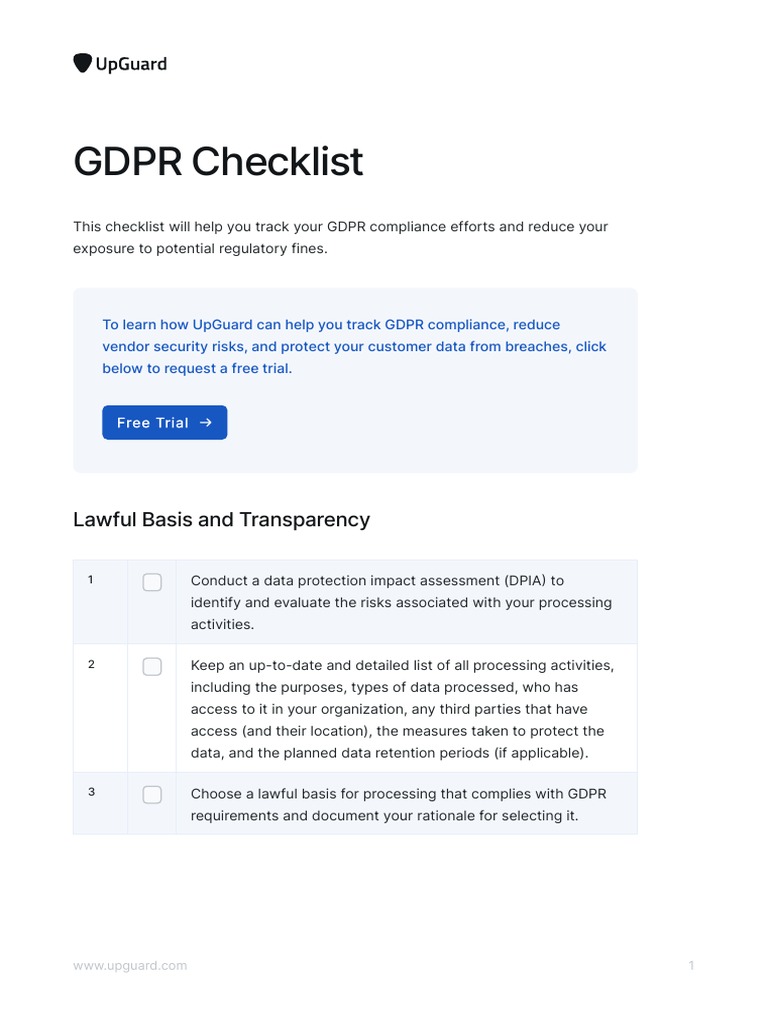
In the ever-evolving landscape of digital content and search, the concept of Decentralized Index Submission is gaining traction as a revolutionary approach to how information is indexed and accessed. This method allows content creators and publishers to bypass traditional centralized search engines and instead distribute their content across decentralized search indexes. These distributed systems, powered by blockchain technology and peer-to-peer networks, offer greater transparency, security, and control over how content is discovered and shared.
As we move further into 2025, understanding and implementing decentralized index submission becomes increasingly vital for SEO professionals, content creators, and businesses aiming to stay ahead in the digital space. This article will explore what decentralized index submission entails, why it matters, and how you can effectively implement it to enhance your online visibility.
What Is Decentralized Index Submission and Why It Matters
At its core, decentralized index submission refers to the process of publishing content directly to distributed search indexes rather than relying on centralized platforms like Google or Bing. These indexes are maintained across a network of nodes, ensuring that data is stored and accessible without a single point of failure.
This shift from centralized to decentralized indexing is driven by several factors:
- Increased Control: Content creators have more control over where and how their content is indexed.
- Transparency: The decentralized nature ensures that no single entity can manipulate or censor search results.
- Security: Data integrity is preserved through cryptographic methods, reducing the risk of tampering.
- Efficiency: By distributing the indexing workload, decentralized systems can handle large volumes of data more efficiently.
The rise of blockchain-based protocols such as The Graph and YaCy has further popularized this approach, enabling developers and content creators to build applications that leverage these decentralized indexes.
How Decentralized Index Submission Impacts SEO Performance
Decentralized index submission significantly influences SEO performance in several ways:
- Enhanced Visibility: By submitting content to multiple decentralized indexes, you increase the chances of your content being discovered by a broader audience.
- Improved Engagement: Users interacting with decentralized indexes often do so through specialized platforms, which can lead to higher engagement rates due to niche targeting.
- Diversified Traffic Sources: Relying solely on centralized search engines can be risky. Decentralized indexes provide alternative traffic sources, reducing dependency on any single platform.
- Better User Experience: Decentralized systems often prioritize user privacy and data security, which can enhance trust and loyalty among users.
Moreover, as search engines evolve to incorporate more decentralized technologies, having content indexed on these platforms can give you a competitive edge. For instance, Google’s recent focus on AI-driven search and user intent alignment may benefit from the structured data provided by decentralized indexes.
Step-by-Step Implementation Framework
Implementing decentralized index submission involves a series of strategic steps. Here’s a practical framework to guide you through the process:
- Define or Audit the Current Situation
- Assess your current SEO strategy and identify areas where decentralized indexing could add value.
-
Evaluate your content to determine which pieces would benefit most from being indexed on decentralized platforms.
-
Apply Tools, Methods, or Tactics
- Choose a decentralized indexing protocol that aligns with your goals (e.g., The Graph, YaCy).
- Utilize tools like Subgraph to create custom indexes for your content.
-
Integrate your content with decentralized platforms using APIs or other available tools.
-
Measure, Analyze, and Optimize
- Track metrics such as traffic, engagement, and conversion rates from decentralized indexes.
- Use analytics tools to monitor performance and identify areas for improvement.
- Regularly update your content and indexing strategies based on insights gained.
By following this framework, you can effectively integrate decentralized index submission into your overall SEO strategy, enhancing your online presence and reach.
Real or Hypothetical Case Study
Consider a hypothetical scenario involving a tech blog called “Innovate Today.” The blog decides to implement decentralized index submission to increase its visibility and engagement.
- Before Implementation: The blog relied solely on Google for traffic, resulting in inconsistent performance and limited reach.
- During Implementation: The blog submitted its content to The Graph and YaCy, creating custom subgraphs for each article.
- After Implementation: Within six months, the blog saw a 40% increase in traffic from decentralized sources, with a notable rise in user engagement and social shares.
This case study illustrates how decentralized index submission can transform a website’s performance, offering a fresh perspective on content discovery and audience interaction.
Tools and Techniques for Decentralized Index Submission
To successfully implement decentralized index submission, consider the following tools and techniques:
- The Graph
-
A decentralized protocol that enables efficient querying of blockchain data. Ideal for developers looking to build DApps that require fast data retrieval.
-
YaCy
-
A peer-to-peer search engine that allows users to create personalized search portals. Great for those interested in building decentralized search solutions.
-
Subgraph
-
A tool for creating custom indexes on The Graph. Useful for structuring and querying specific data sets from blockchains.
-
IPFS (InterPlanetary File System)
-
A protocol for storing and sharing files across a distributed network. Can be used in conjunction with decentralized indexing to ensure content is easily accessible.
-
Blockchain Explorers
-
Platforms like Etherscan or Blockchain.com allow users to explore and query blockchain data. These can serve as additional sources for decentralized indexing.
-
Decentralized Hosting Services
- Services like Filecoin or Arweave provide storage solutions that complement decentralized indexing, ensuring content remains accessible and secure.
These tools and techniques provide a robust foundation for implementing decentralized index submission, empowering content creators to take full advantage of the opportunities offered by decentralized technologies.
Future Trends and AI Implications
As we look ahead, the future of decentralized index submission is closely tied to advancements in AI and machine learning. With the rise of generative AI models like SGE (Search Generative Experience), the way users interact with search engines is set to change dramatically.
AI will play a pivotal role in optimizing decentralized indexing by:
- Automating Data Categorization: AI can help categorize and organize content more efficiently, improving the accuracy of decentralized indexes.
- Enhancing User Intent Understanding: By analyzing user behavior, AI can refine search algorithms to better match user intent, leading to more relevant results.
- Improving Security Measures: AI can detect and mitigate potential threats, ensuring the integrity of decentralized indexing systems.
For content creators and SEO professionals, staying ahead of these trends means embracing AI-driven tools and strategies that enhance the effectiveness of decentralized indexing. By leveraging AI, you can not only improve your content’s discoverability but also gain deeper insights into user behavior and preferences.
Key Takeaways
- Decentralized index submission offers a powerful alternative to traditional SEO practices, providing greater control, transparency, and security.
- Enhanced visibility and engagement are key benefits of implementing decentralized indexing, making it a valuable addition to any SEO strategy.
- A step-by-step implementation framework can guide you through the process of integrating decentralized indexing into your content strategy.
- Tools and techniques such as The Graph, YaCy, and IPFS enable effective decentralized indexing, opening up new avenues for content discovery.
- As AI continues to evolve, its integration with decentralized indexing will shape the future of SEO, offering exciting opportunities for innovation and growth.
In conclusion, decentralized index submission represents a significant shift in how content is indexed and accessed. By embracing this approach, you can position yourself at the forefront of the digital revolution, ensuring your content reaches the right audience in an increasingly decentralized world.
Meta Title: Decentralized Index Submission — Publishes Content to Distributed Search Indexes
Meta Description: Learn how to publish content to distributed search indexes and enhance your SEO strategy with decentralized indexing. Discover tools, techniques, and future trends.
SEO Tags (5): #DecentralizedIndexSubmission #DistributedSearchIndexes #SEOStrategy #ContentDiscovery #BlockchainTechnology
Internal Link Suggestions:
– [Parameter #1: Search Intent Alignment]
– [Parameter #7: Semantic Keyword Mapping]
– [Parameter #16: Storytelling Integration]
External Source Suggestions:
– https://thegraph.com
– https://yacy.net
– https://ipfs.io








